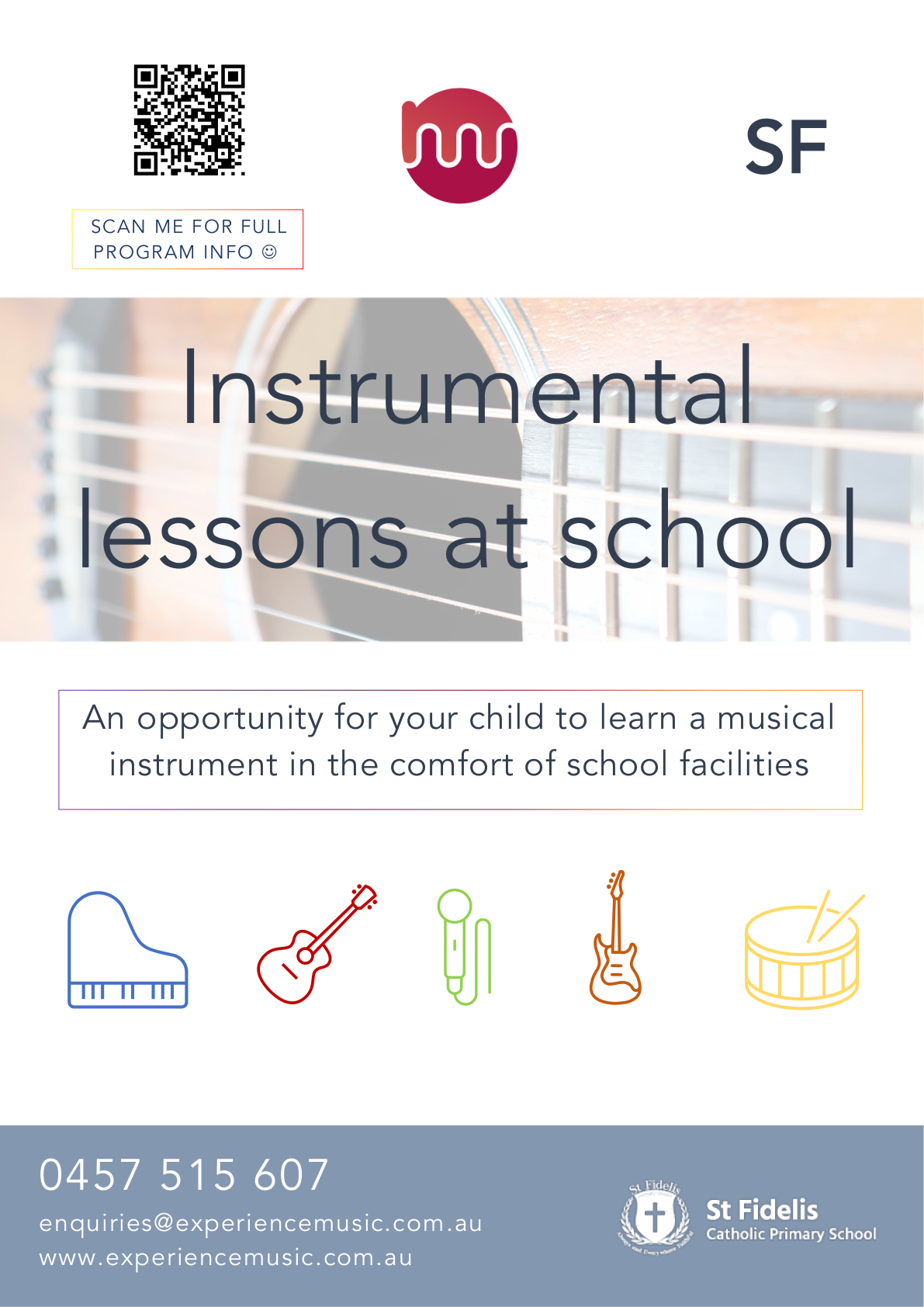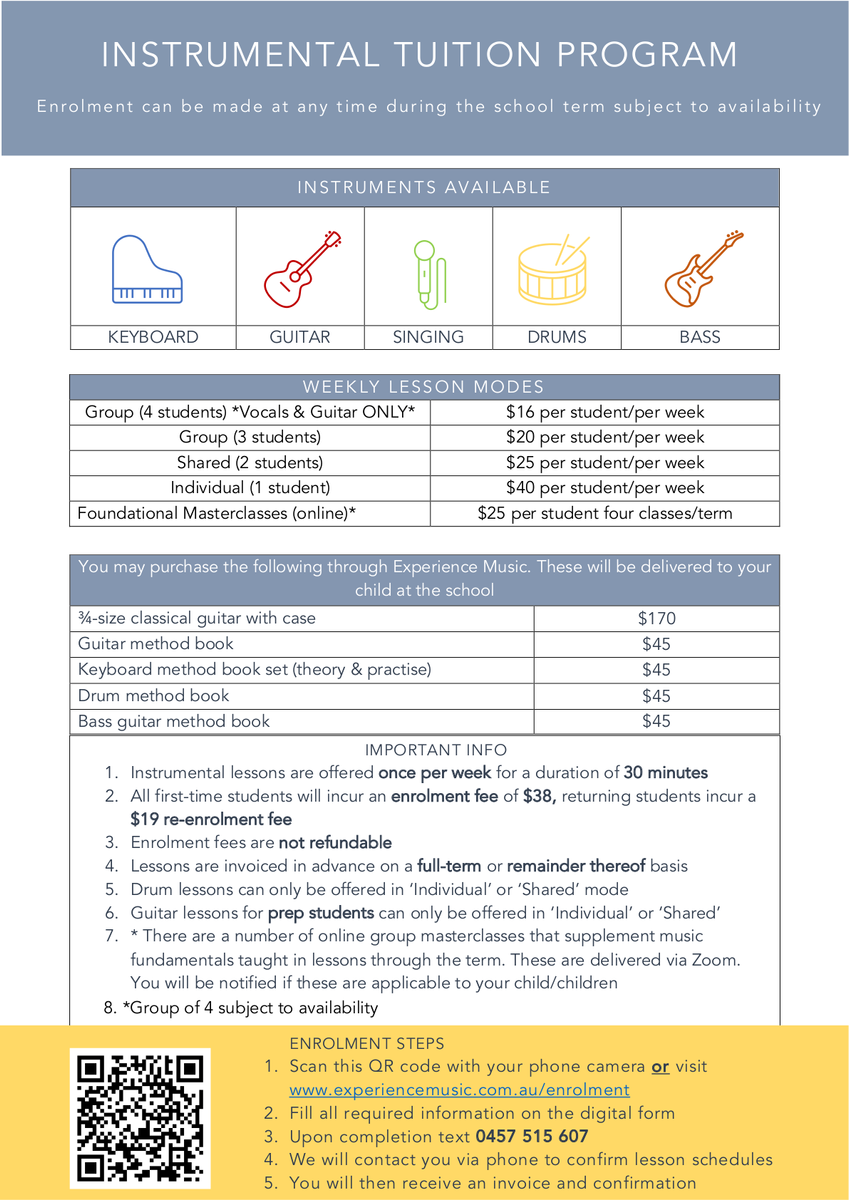Learning & Teaching
Learning and Teaching encompasses the following areas: Student Outcomes, Curriculum, Assessment, Reporting, Principles and Pedagogy.
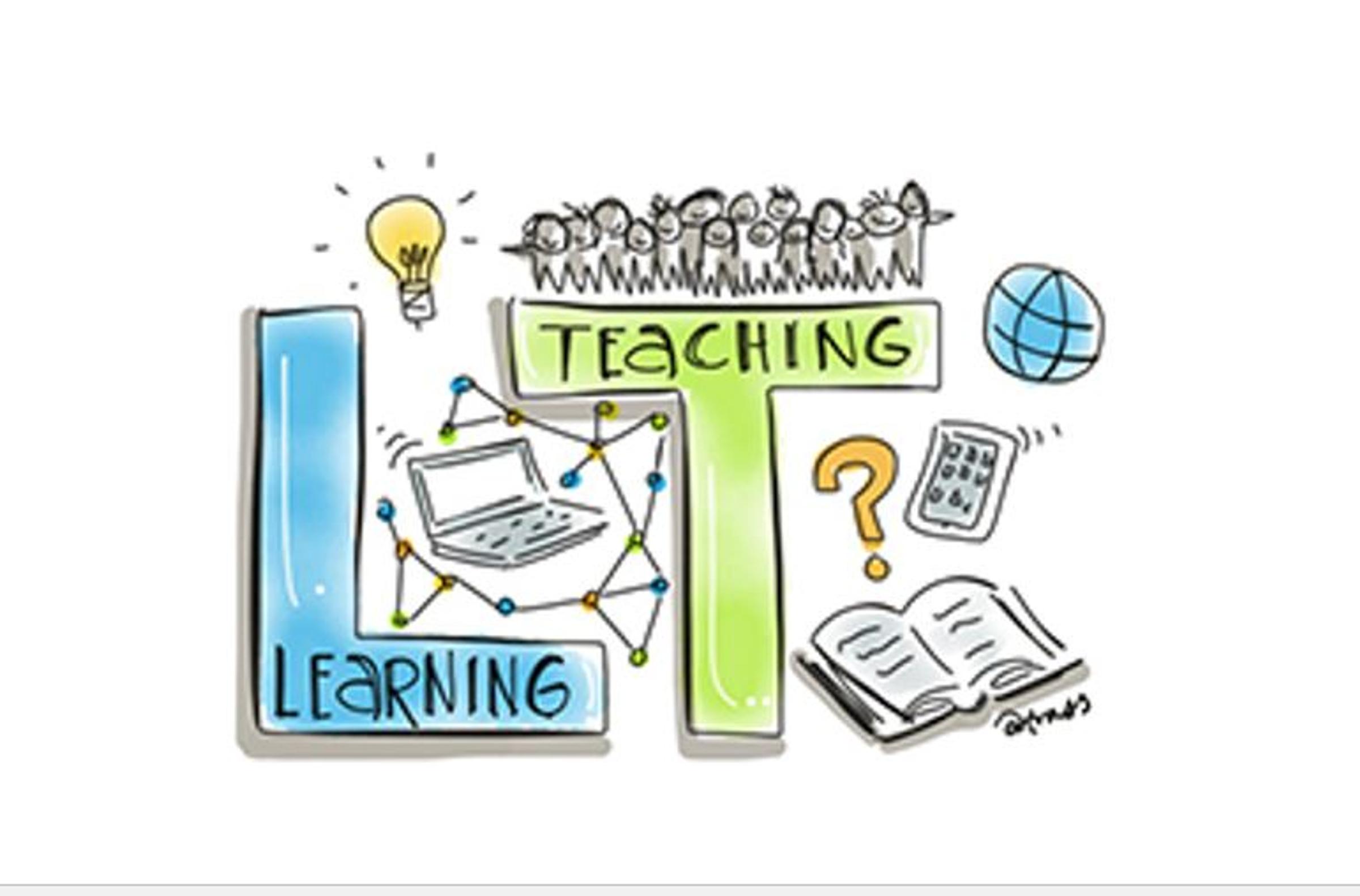
Learning & Teaching
Learning and Teaching encompasses the following areas: Student Outcomes, Curriculum, Assessment, Reporting, Principles and Pedagogy.
Inquiry is a dynamic, responsive approach to teaching and learning. Contexts for inquiry are most effective when they provide opportunities to meet achievement standards but also when they are authentic and relevant to the needs and interests of students.
(© Kath Murdoch 2022)
On our school closure day with Kath Murdoch, teachers took on the task of mapping pathways for learning for 2023. This mapping will help us ensure we link student learning to the curriculum and allows both teachers to gather resources, integrate the curriculum and find people and places that will help make our inquiries engaging and worthwhile.
At St. Fidelis, we value students' voices in helping teachers plan relevant and purposeful inquiries. As part of our day, the students shared their thoughts on the big questions they found most engaging in 2022. They also shared their thoughts on what we should inquire into next year.
Teachers and leaders will now take the work from today and create links to the inquiries with scripture, English and Numeracy curriculum and school events for 2023. We are looking forward to inquiring into the big questions for next year.
Here are some student responses from what they found most engaging from our inquiries this year. The big questions that students inquired into were part of the throughlines and concepts; Community, Social Responsibility, Heath and Wellbeing and Natural systems.
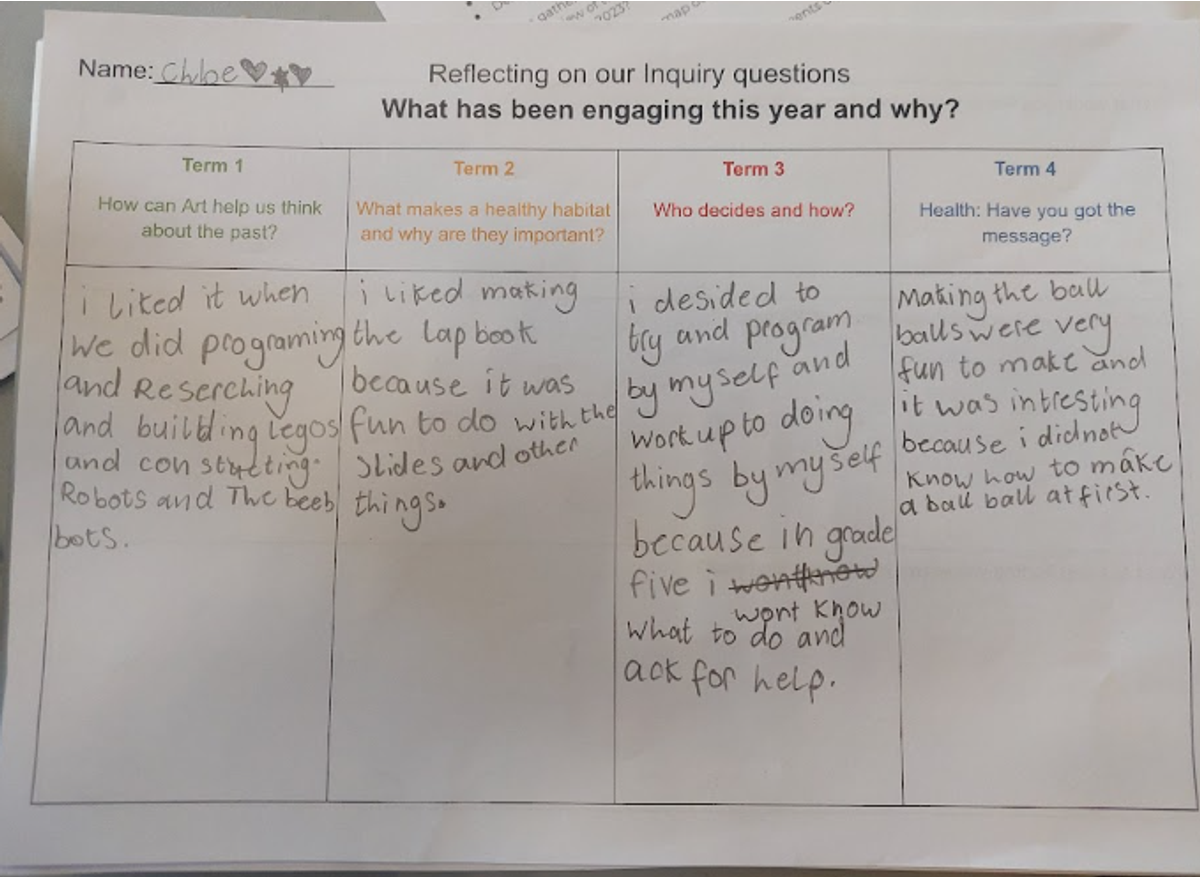
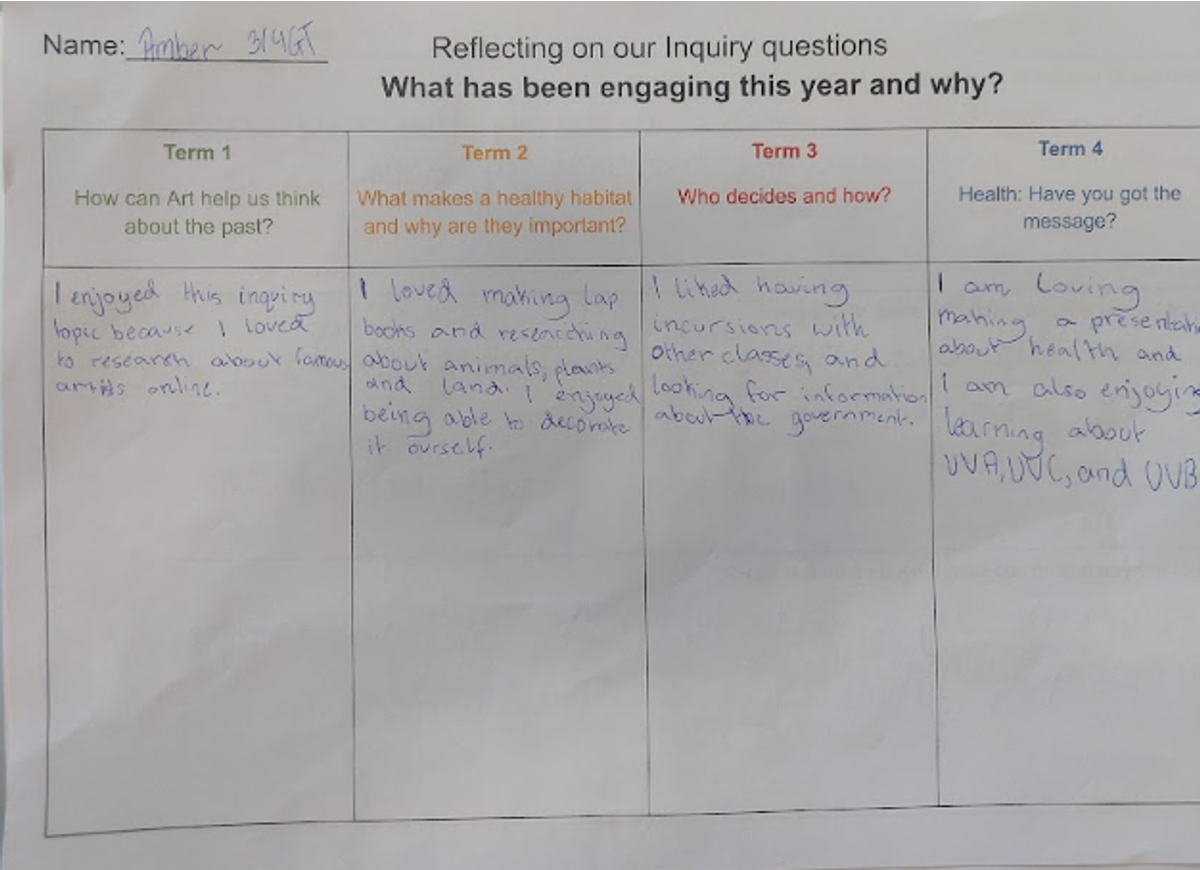
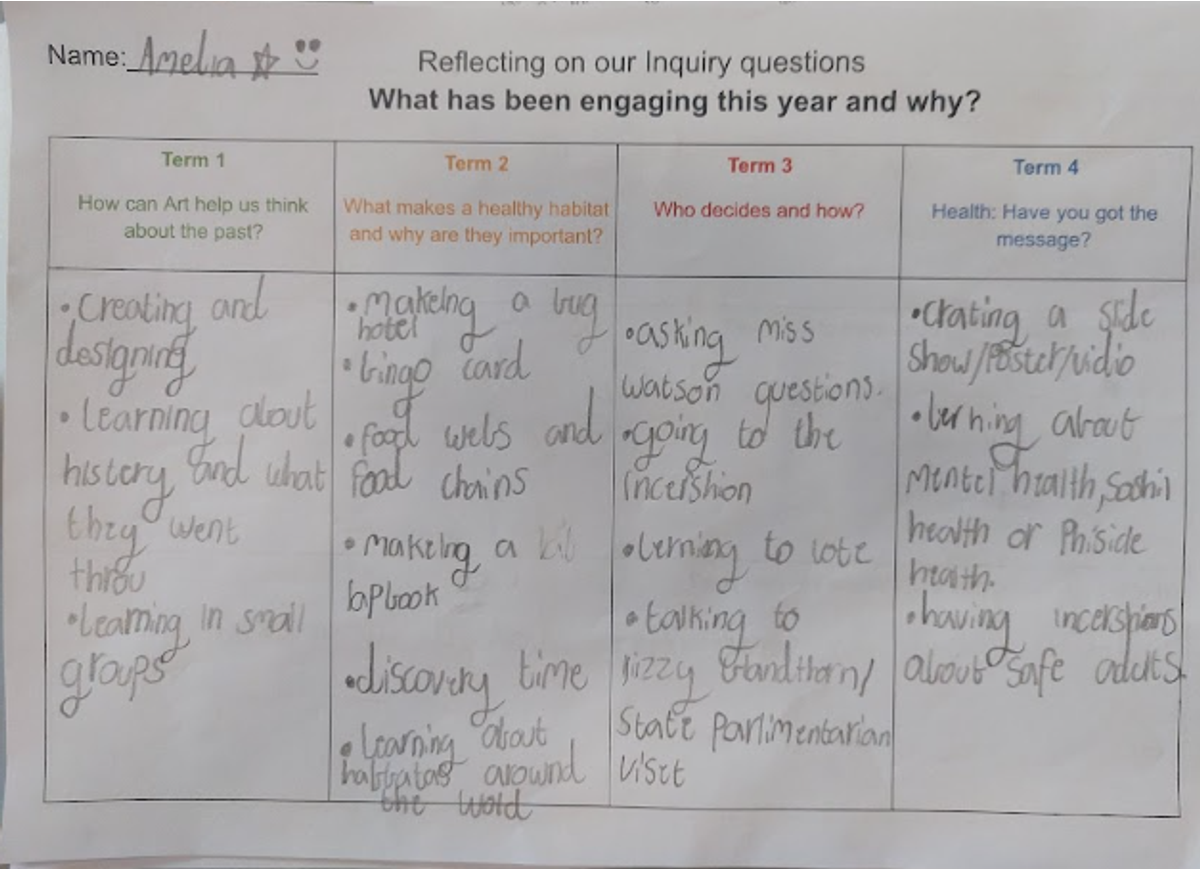
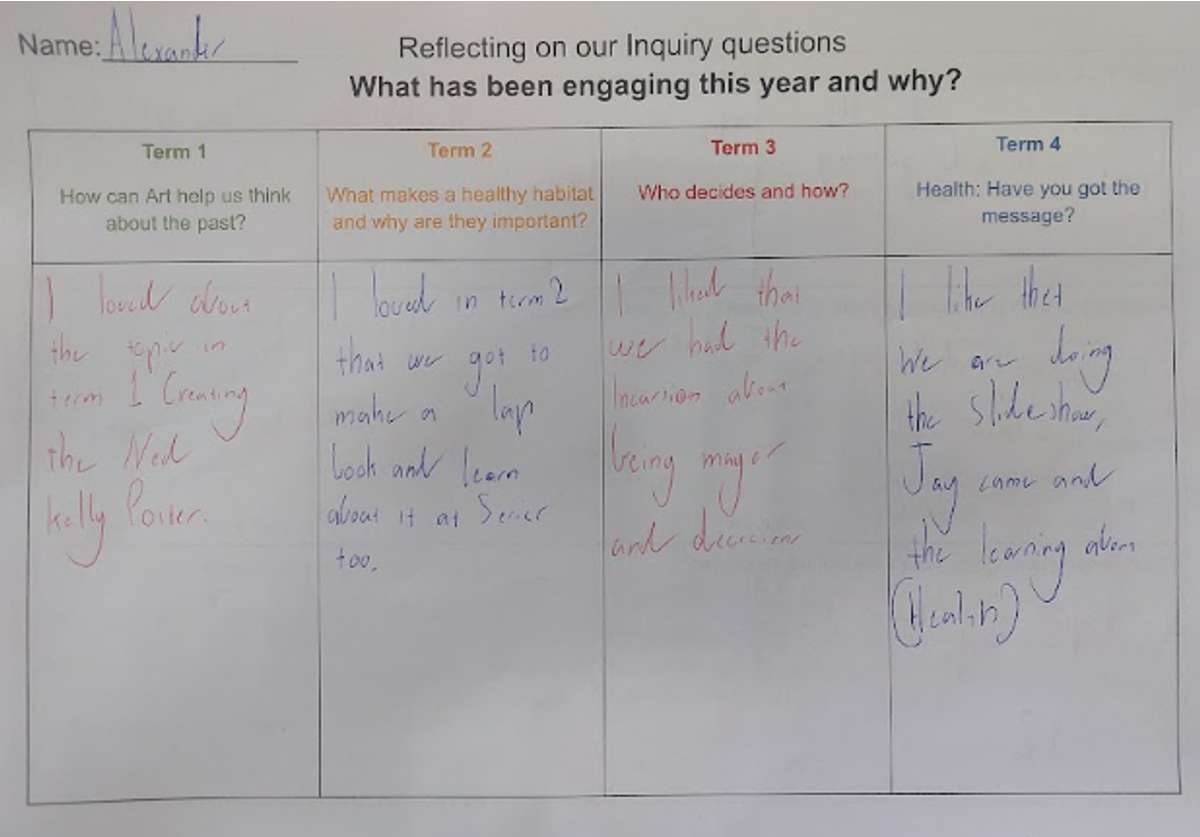
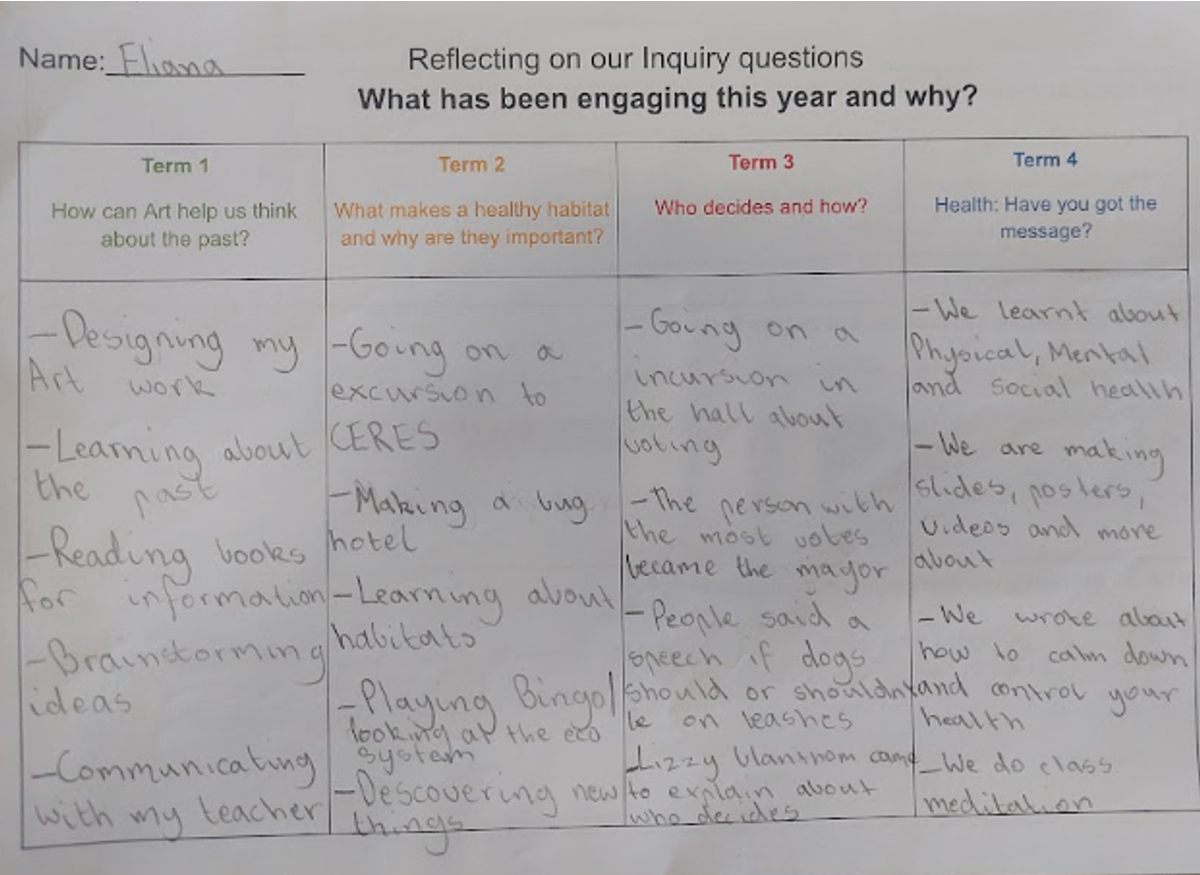
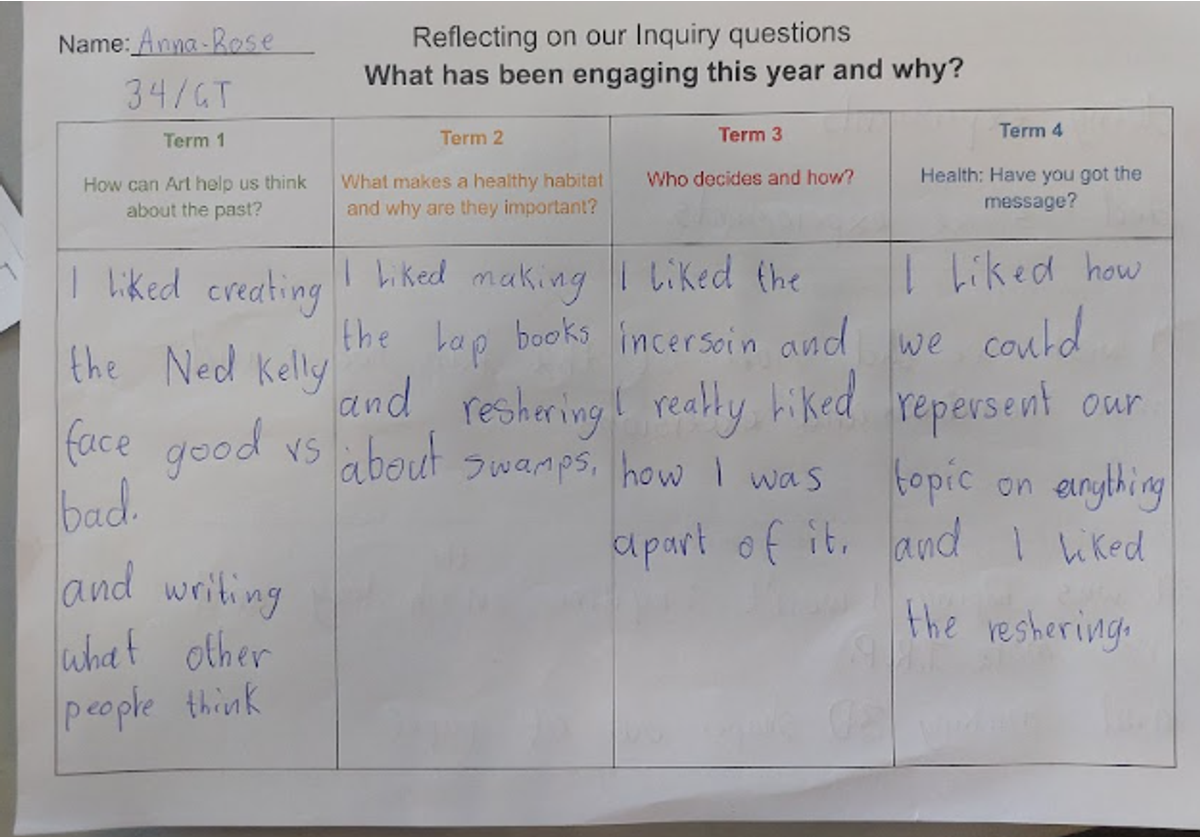
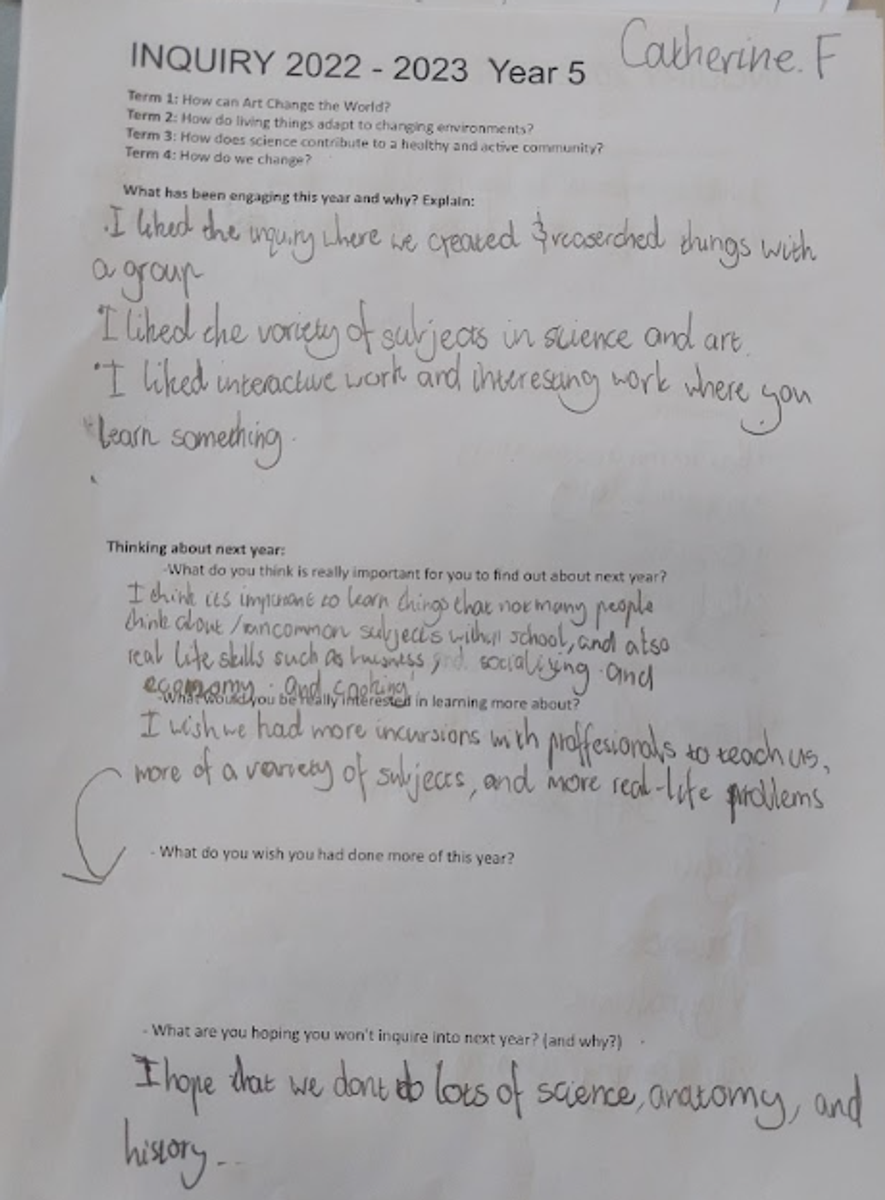
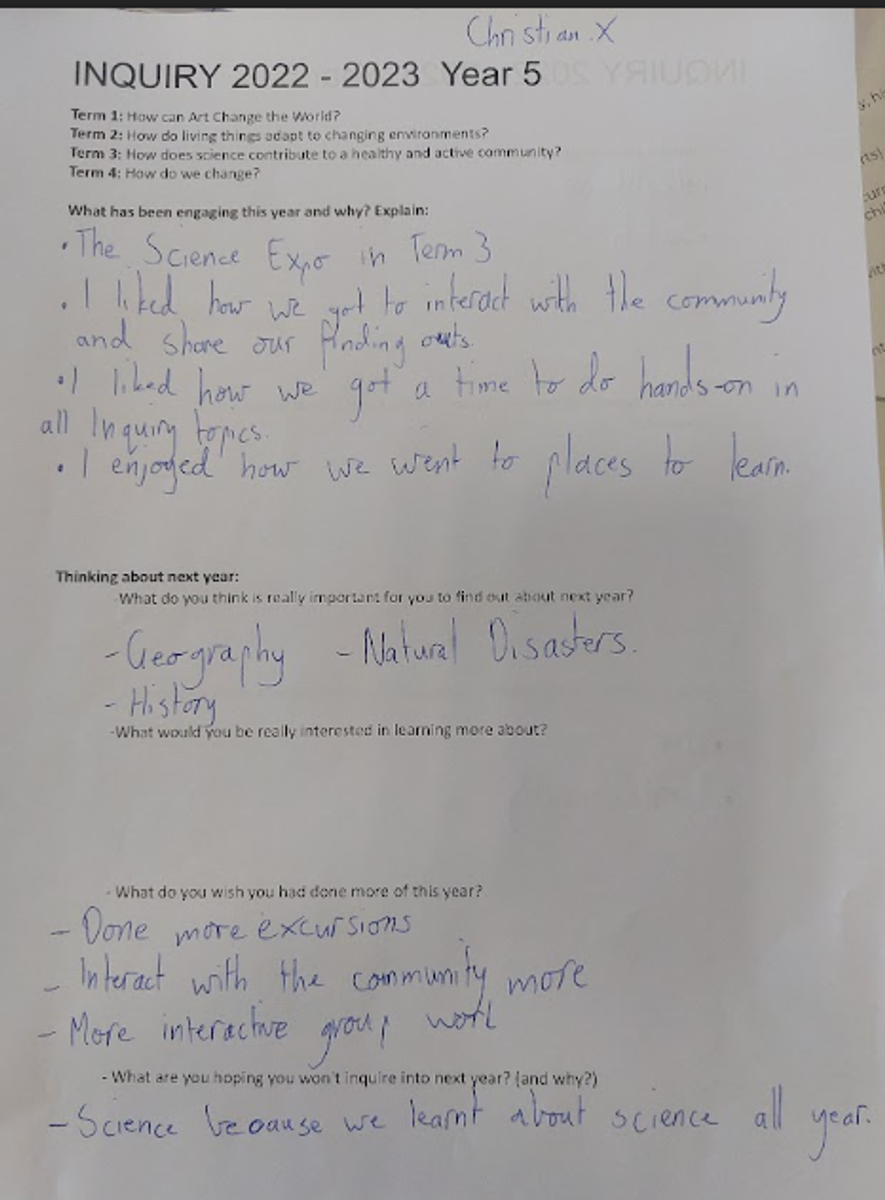
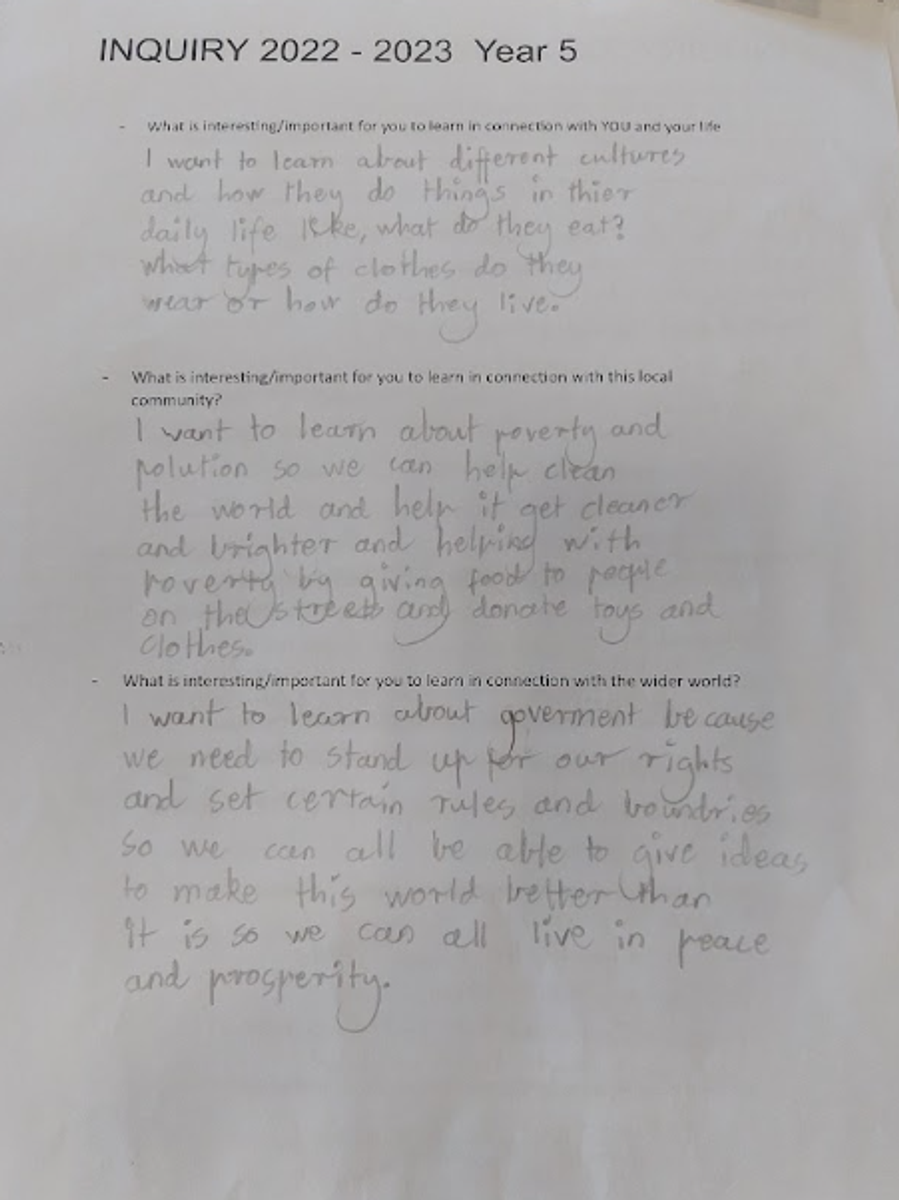
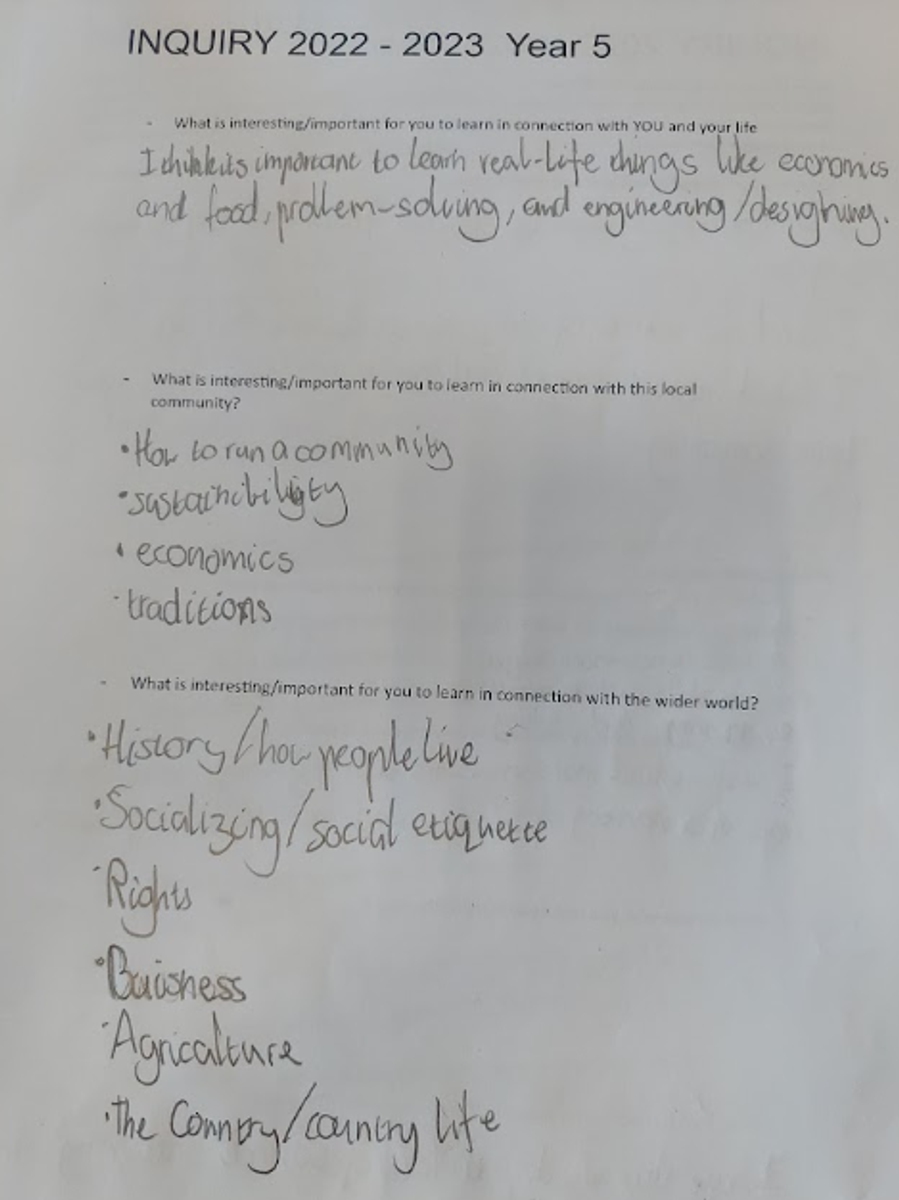
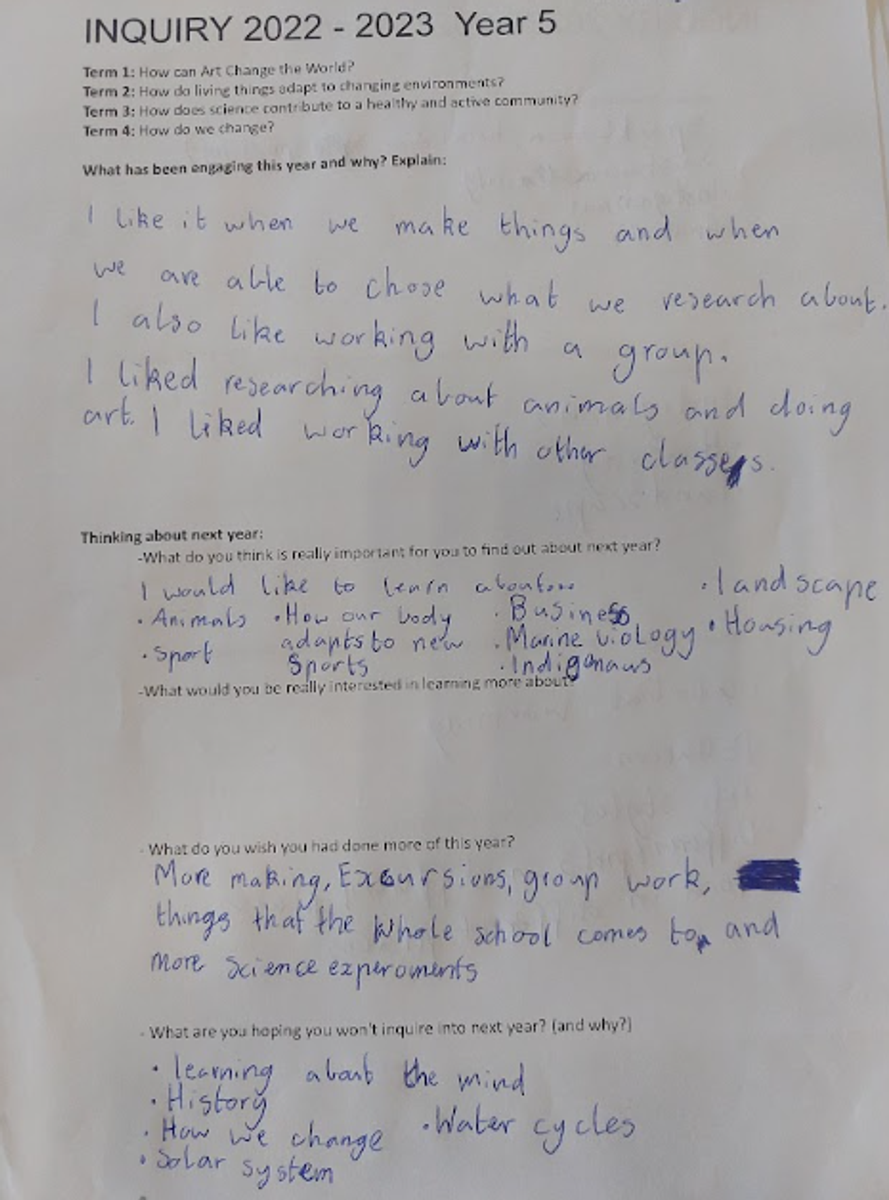
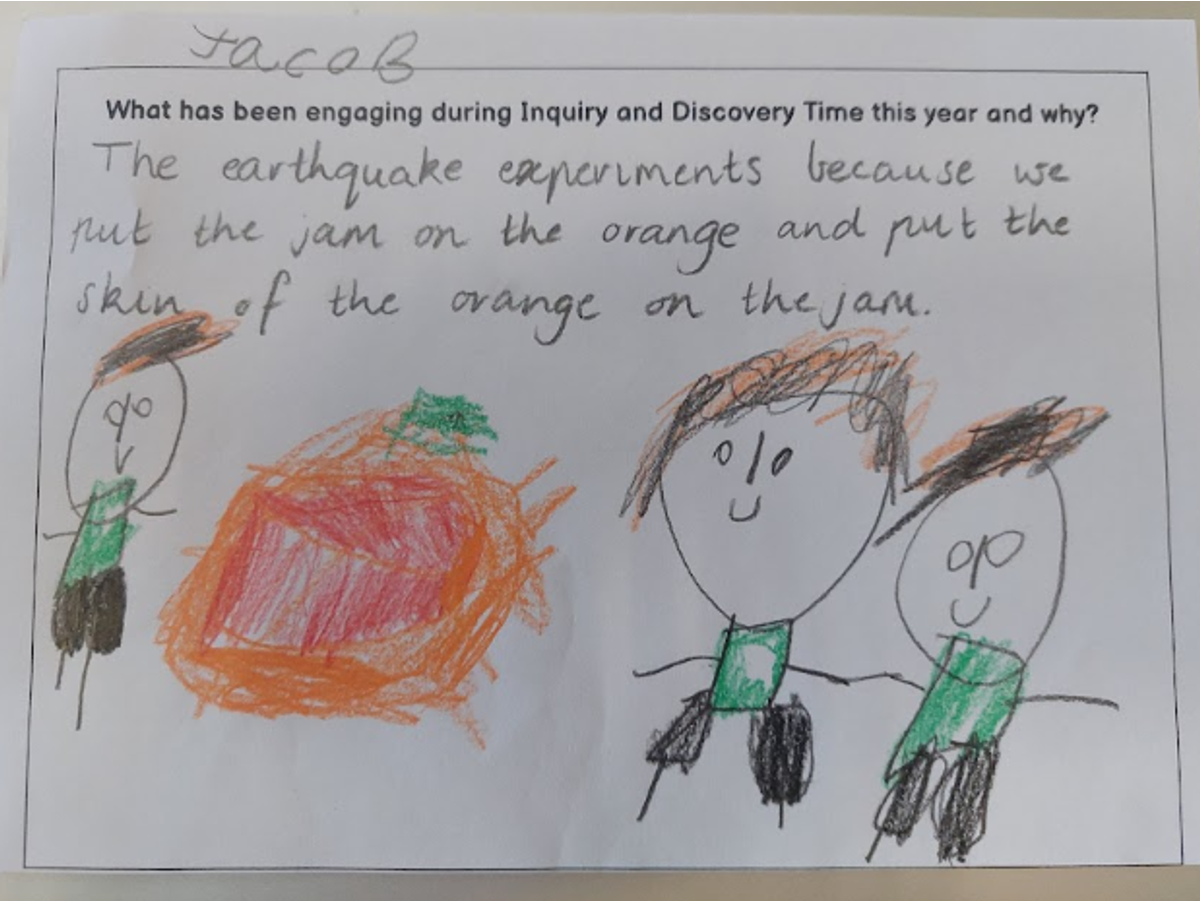
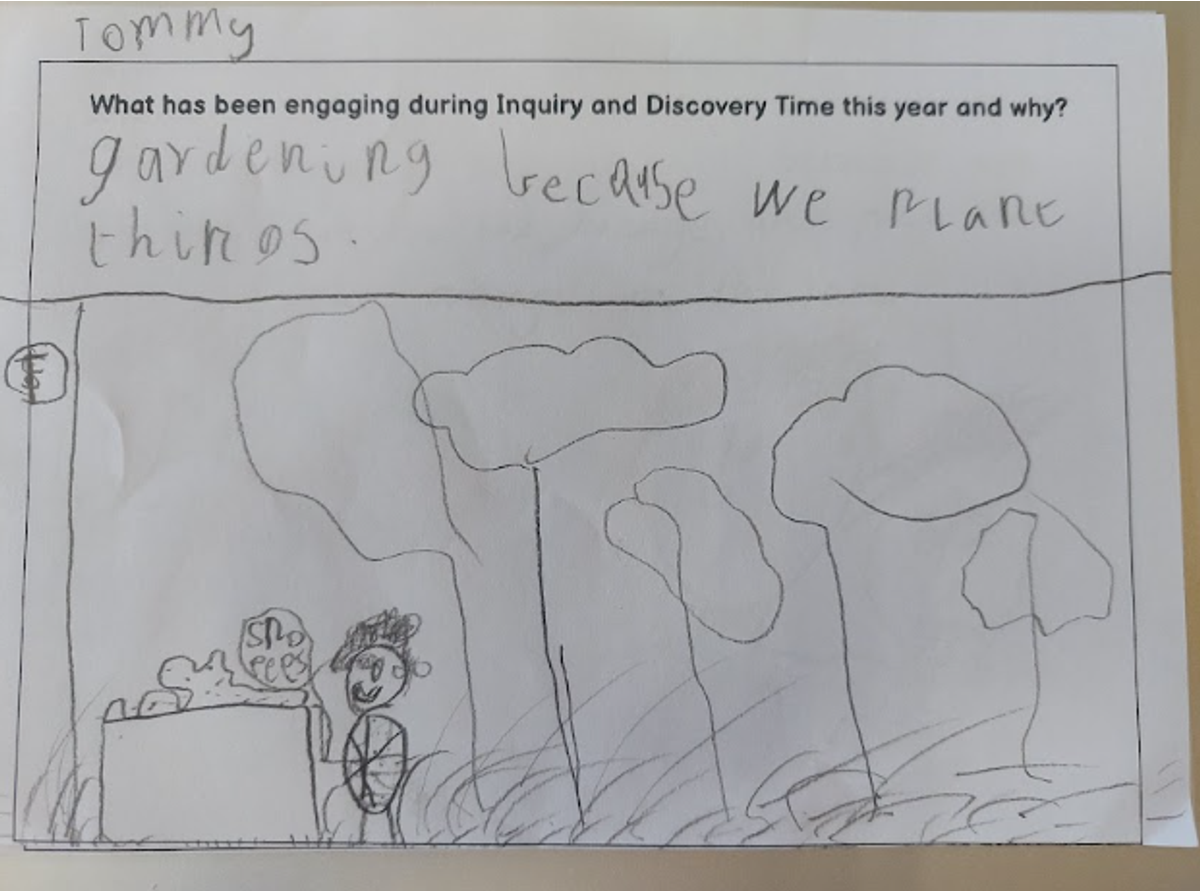
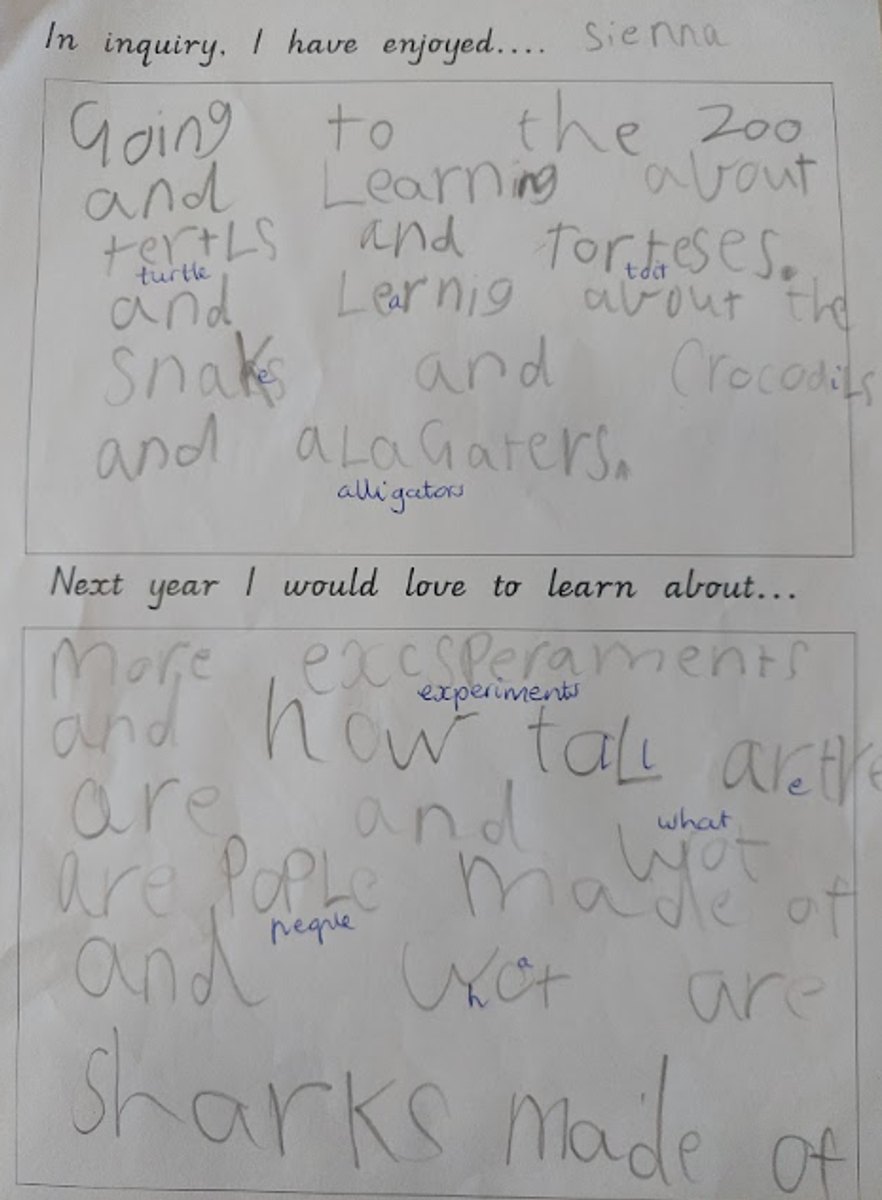
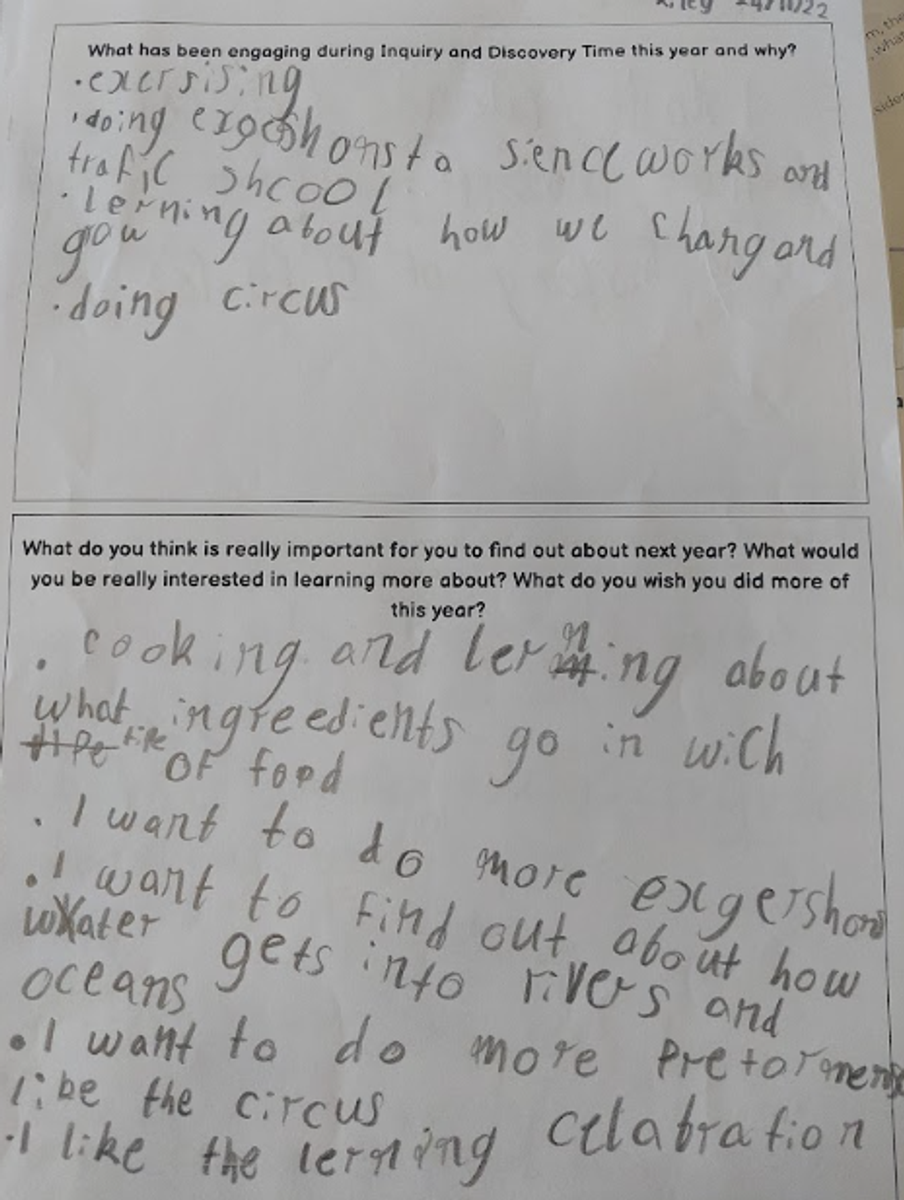
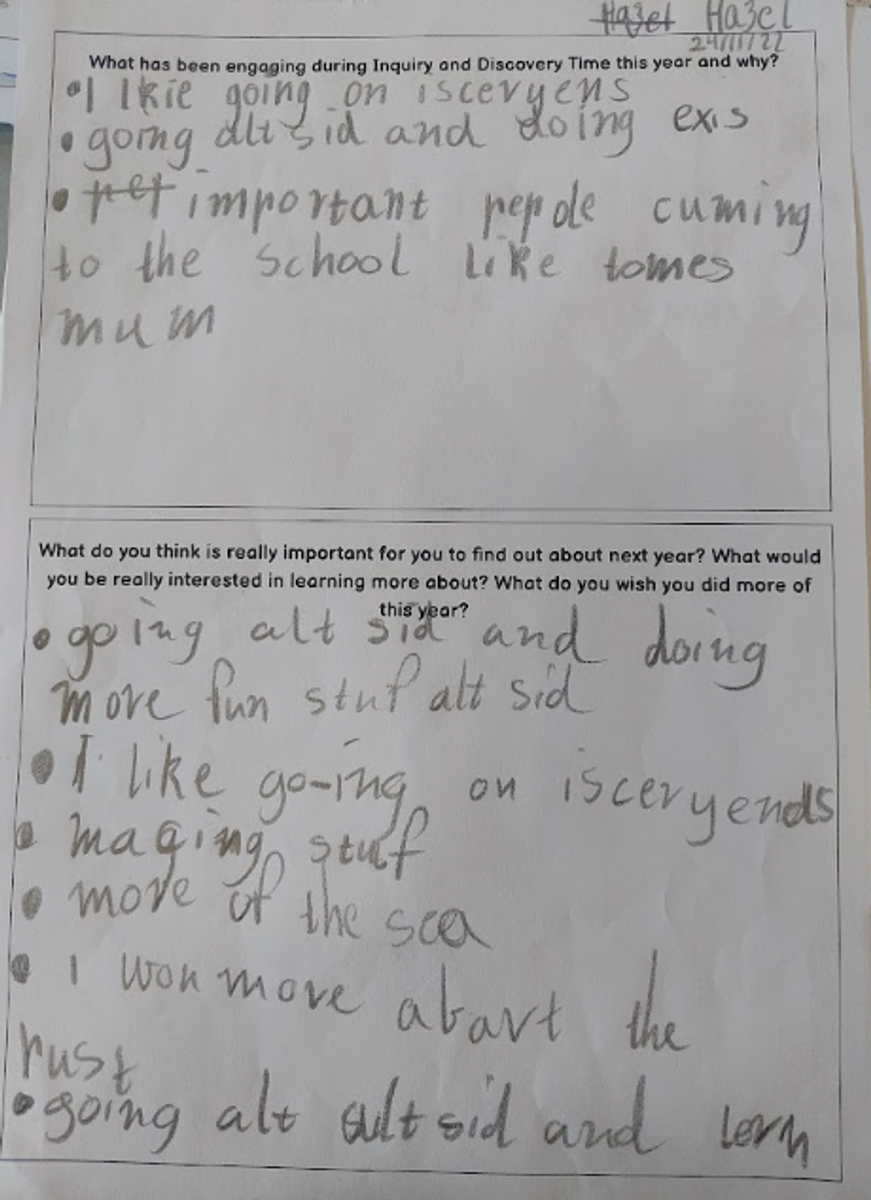
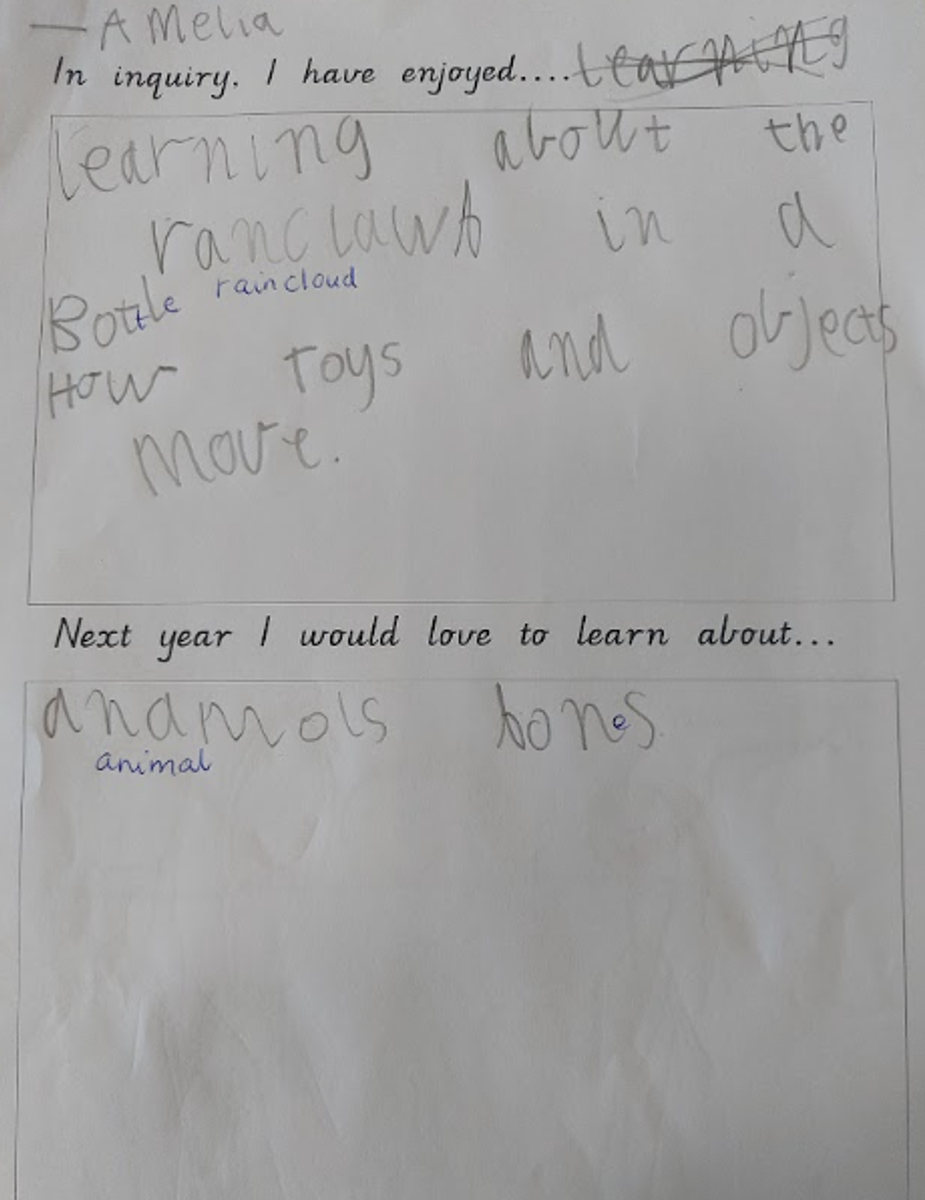

















Some photos of the juniors working on a provability game recently. They enjoyed predicting numbers they may roll and then testing them out. Some students were quick to catch on to the idea of choosing, 6, 7, 8 as there was more of a chance of landing on these when two dice were rolled and added.
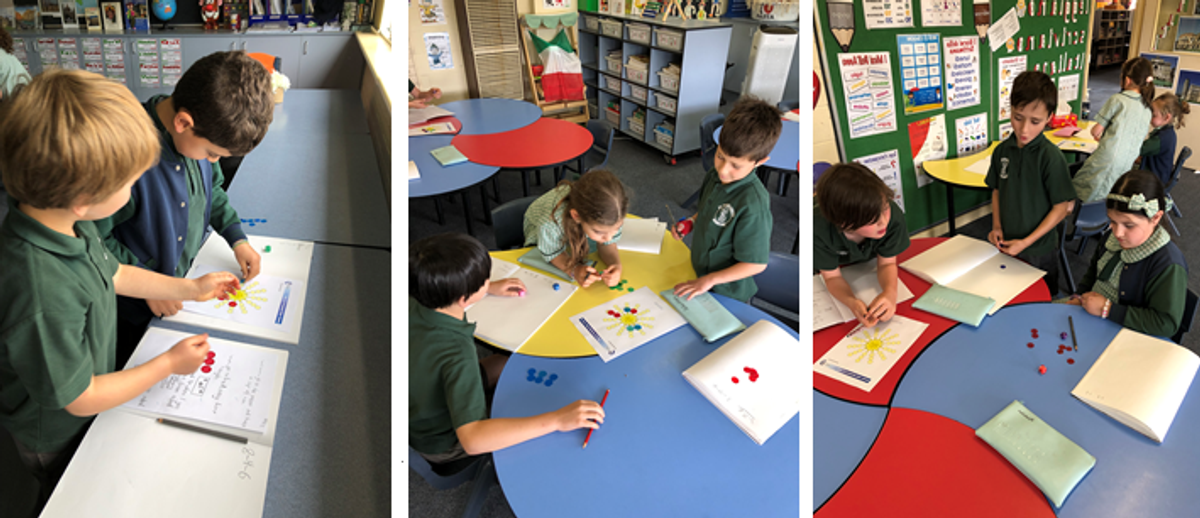
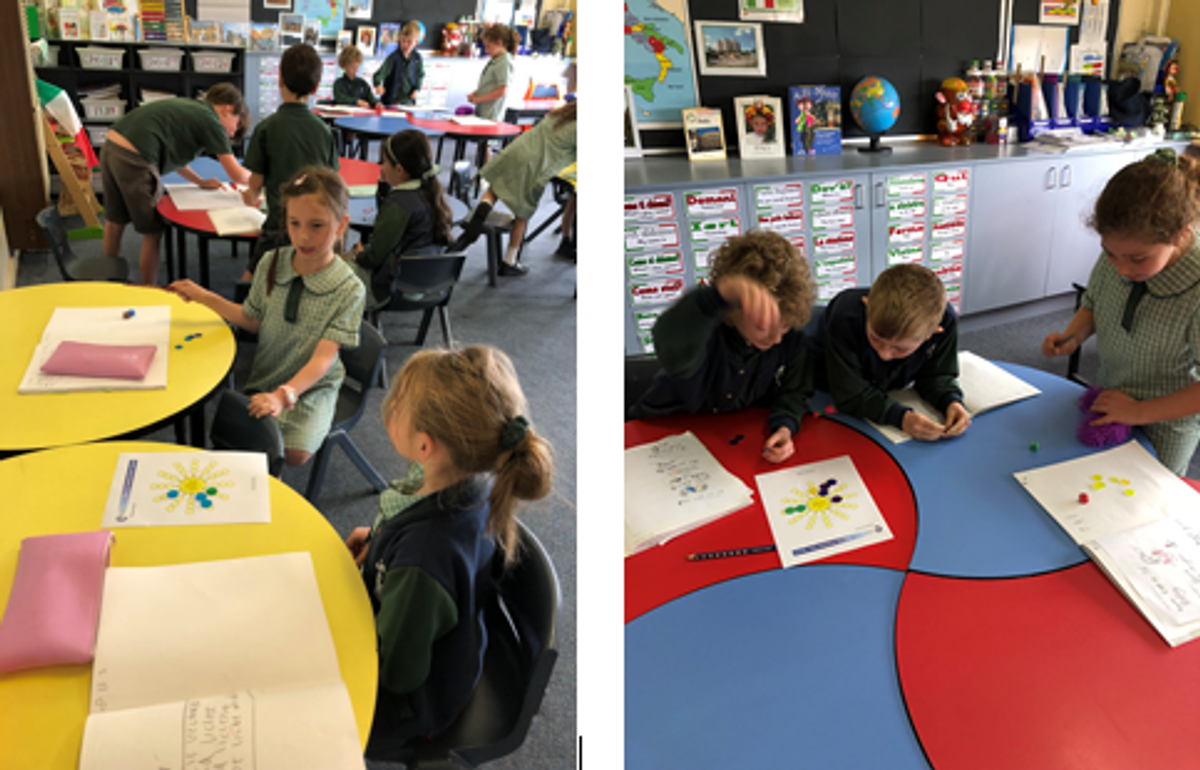


This Blog about efficiency and fluency in maths is an important one to think about.
Written by Dr Angela Rogers I thought you may appreciate me sharing this, especially knowing that over the holidays many students may want to work on their fluency with their basic facts.
Written by Dr Angela Rogers
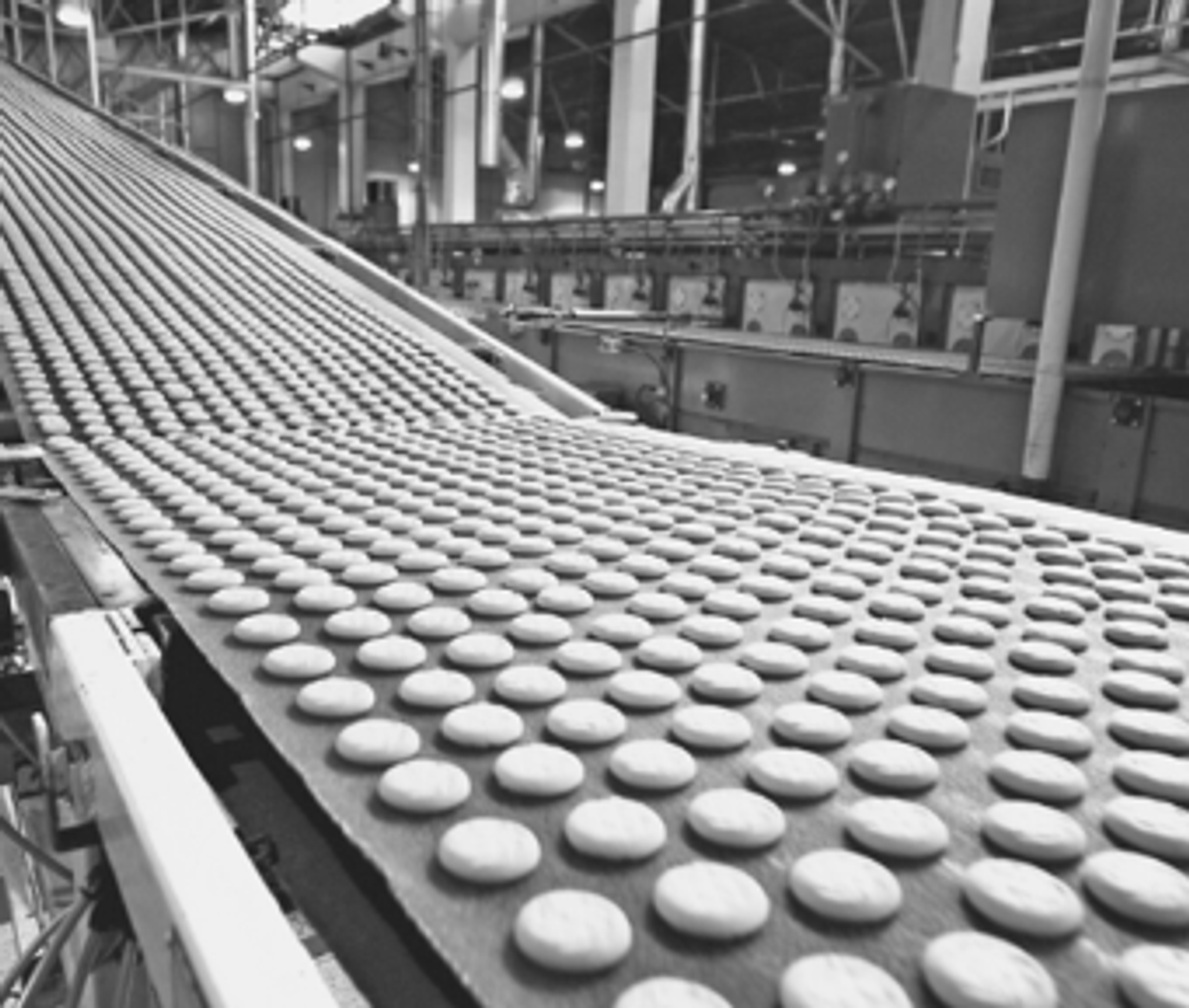

When I was a teenager, my Christmas job was in a cake factory. I would count 10 shortbread biscuits (I now consider myself 'elite' at counting to ten😂 - perhaps this is what led me to my research in place value!). I would put the 10 shortbread in a plastic cello bag and seal the bag with a heat sealer. I would then fold the bottom of a box, and the top, and insert a divider. I would place two biscuit bags inside each box and then close the box with a transparent lid.
This was only the first part of the job.
I would then need to look at the orders from each shop, count the boxes out and then put them on trays in the despatch area for the trucks to pick up and deliver to Ferguson Plarre cake shops around Victoria.
By all accounts the shortbread I used to pack was delicious - my mum and dad and grandparents loved me bringing home the broken ones for them to have with their 'cuppas'. Fortunately, I was never a big shortbread fan - as you can imagine, being around all day turned me off them!
I learnt many different skills from working in the bakehouse. And reflecting now, I can definitely appreciate how much maths was involved. But the thing I learnt most was the power of efficiency and fluency.
When I started, I was all thumbs. Counting the shortbread was slow, making the boxes was tedious and trying to put the biscuits in the bag so they all lined up was really challenging! But, the more I did it, the faster I became. I did the process so many times (I’m estimating 100 boxes per shift for 5 weeks for 5 years - someone in the order of 25,000 packets of shortbread (there is a really cool maths problem in there somewhere!). My brain eventually got to the point that it created neural pathways that allowed me to count and pack and make the boxes while daydreaming or talking to my cousin and sister (who were usually working with me).
Efficiency was my next lesson. There was definitely a faster way to pack the shortbread. What I liked about this job was you were rewarded for efficiency. So instead of having a part-time job where you had a certain shift to complete and you were counting down the minutes until you could go home, in this job you could finish whenever the job was completed. My aim, being the competitive person I am, was to get faster and faster. I learnt little tricks that helped save time. For example, It was faster to ‘batch’. That is, doing all the counting first, then doing all the bagging next, then doing all the sealing, then making all the boxes etc. I developed a strategy!
How does this relate to maths? Well, fluency, efficiency and strategy are very important in maths. Fluency develops from doing things repeatedly but is built on an understanding of the best way to complete something. For example, if a student practices their “timetables” by reciting the “tables” as a long list, they are not going to see the improvement we require in fluency as quickly as if they practice them with the strategies in mind.
Efficiency is something we are aiming for in maths. For example, it is not efficient to ‘count all’. As teachers, we want to encourage students to always seek more efficient strategies and approaches. Nudges like, ‘Can you do that in a more efficient way?’, ‘Can you streamline that process?’. Efficiency is something I talk about a lot with students. They understand the idea of speed, but not always efficiency. Efficiency is slightly different to speed. In the cake factory, it wasn’t just about making the boxes faster, speed was an element, but quality and accuracy were also critical. There was no use packing all the boxes in half the time, if I made errors in counting the shortbread or the boxes looked messy- this wasn’t going to cut the mustard.
So in maths, we must talk about efficiency in relation to both speed and accuracy.
Every time I go into the Ferguson Plarre shops at Christmas time and see the Christmas shortbread packs (which I note are now sold loose in a tin - so much easier to pack!) I think of all the lessons I learnt in that factory each Christmas and smile!
On Monday 5 December, St Fidelis Years 3-6 students will participate in Life Saving Victoria’s (LSV) practical MEGA Water Safety Program to be held at Sandridge Beach from 1.15 pm-2.45 pm.
The students will be travelling by chartered buses, accompanied by the teachers in charge, departing St Fidelis Primary School at 11.30 am. At the conclusion of the activities, the students will depart the venue at 3.00 pm, returning to school at 3.30 pm. The students are required to bring their lunch and a drink in a backpack. The students will have lunch at the venue prior to the activities.
STUDENTS ARE TO BRING
❑ Bathers
❑ Lightweight long-sleeved shirt
❑ Sunglasses that meet the Australian standard (ASNZS 1067:2003)
❑ Warm clothing and a spare towel (in case of cool weather)
❑ SPF 30+ sunscreen
❑ Lunch and snacks
❑ Rash vest (high visibility recommended)
❑ Clearly labelled drink bottle
❑ Wide-brimmed hat (Please be advised that LSV strongly recommends the wearing of hats by all program participants whilst participating in the dry and water-based activities.)
❑ Enclosed shoes (Please be advised that LSV strongly recommends the wearing of enclosed shoes by all program participants whilst participating in the dry and water-based activities. Thongs are not recommended.)
All approved LSV Program Team Leaders and Instructors have current and the correct qualifications and/or experience for their specific role/s, including (as a minimum):
✓ LSV Community Surf Life Saving Certificate or Surf Life Saving Bronze Medallion
✓ Provide First Aid (formerly Senior First Aid)
✓ CPR
✓ Working With Children Check
✓ Attendance at an annual compulsory training workshop which covers; delivery of the program, risk processes, emergency management plans and the use of all program and safety equipment.
The MEGA Water Safety program includes activities in and out of the water. An outline of the activities has been provided for your reference.
Yours sincerely
Michael Jennings
Sport & Physical Education Coordinator
MEGA BEACH DAY
ACTIVITY DESCRIPTION
Be Aware and Be Prepared:
Participants will gain knowledge to keep safe when in and around water, particularly open water environments. Practical strategies such as identifying dangers (i.e. rip currents) and reading key safety signs will be delivered and will ensure they have the tools to ‘be aware and be prepared before visiting their local waterway.
Everyday Lifesaver:
Our students will be given the skills and opportunity to be ‘Everyday Lifesavers’. They’ll learn the emergency response sequence, DRSABCD, by following a variety of age-appropriate and engaging real-life scenarios.
Survival Strategies:
Wearing a lifejacket, and practising important survival techniques -including the huddle, the HELP position, and safely entering and exiting the water- are vital survival strategies your students can use if they find themselves in trouble in the water.
Rescue Strategies:
Rescue tubes, towels, ropes and even bike helmets are all examples of rescue items our students will have an opportunity to practice using. This will enable them to make informed decisions if ever they are required to perform a rescue.
Safe Boarding:
Body Boards are a popular activity enjoyed by many children in open waterways. Our students will learn key skills needed to stay safe, including safety equipment, how to paddle effectively, and strategies to escape LSV’s own ‘The Gauntlet’ (simulation of a wave channel)!
St Fidelis Primary School students will participate in the ‘St John First Aid In Schools Program’ on Friday 9 December 2022. Each class will participate in first aid sessions during the day either in a classroom or in the hall. Each 45-minute session will be conducted by qualified St John First Aid staff.
St John Ambulance Australia is committed to promoting the importance of first aid in the community and believes that there is no better place to start than in our schools. Every child in Australia should have access to vital first aid knowledge and with the First Aid in Schools program, this is possible. The First Aid Schools Program is a FREE program run by St John Ambulance Australia providing basic first aid training to school students across all states and territories in Australia.
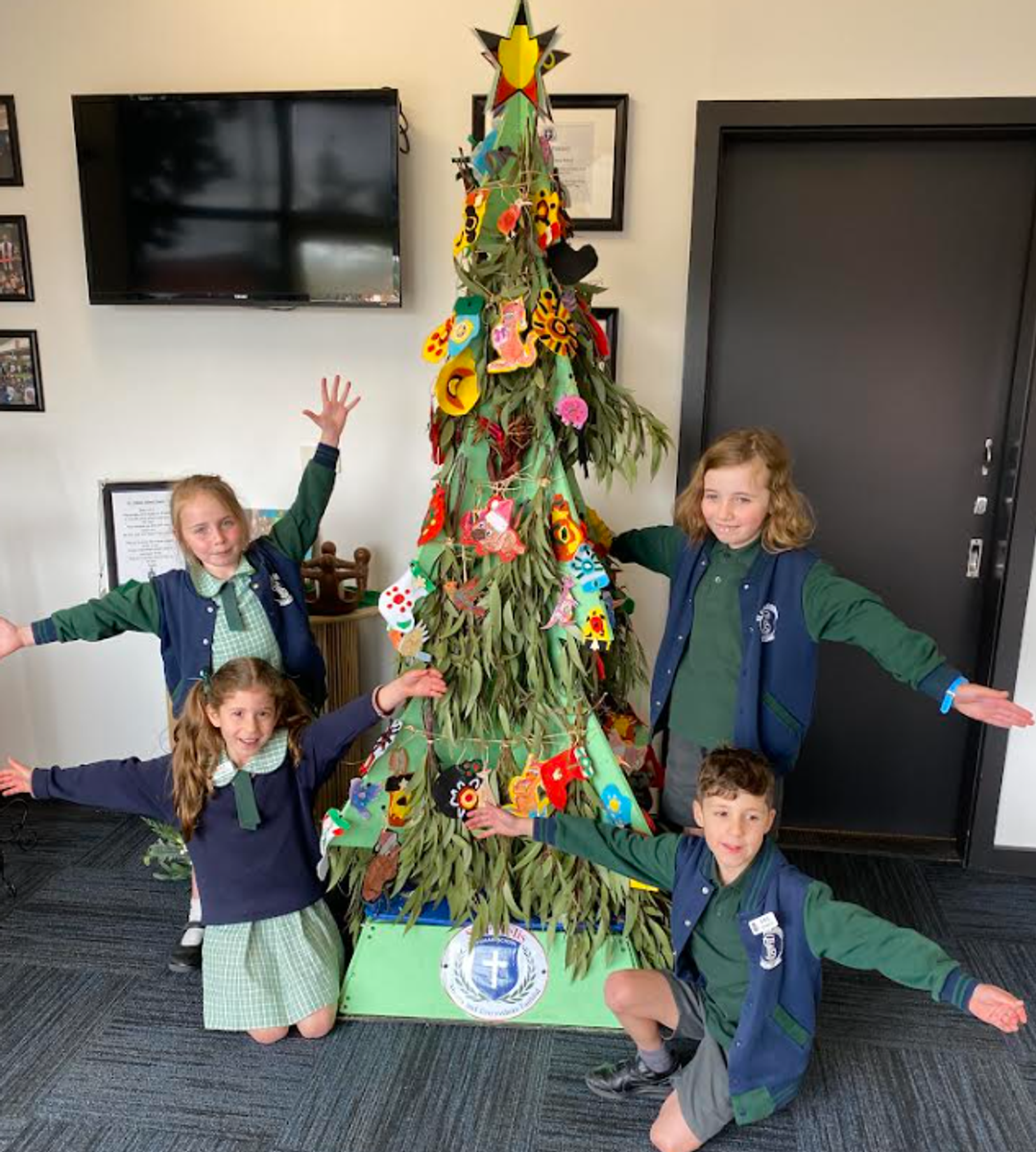

Be on the lookout in Moonee Ponds for the Christmas trees decorated by our students.
BUONGIORNO!
Salve a tutti!
Mamma mia! How quickly this term is flying by! I can’t believe that the day is getting closer for our Giornata Italiana / Italian Day celebration!
You may have noticed last week that the P&F committee sent a message through Skoolbag, that they are taking orders for an Italian lunch that will be held during the Italian day.
If you would like to have a Margherita or Capricciosa pizza for lunch and / or a gelato, choice of limone (lemon), fragola (strawberry) or cioccolato (chocolate), please place your orders, by this Thursday (giovedì), 1st December. Please check Skoolbag for further details. This date also happens to be the first day of summer, (l’estate)! ☀️😎
Also, one final reminder regarding the Italian costume parade, hopefully you know by now, what you will be wearing for this event! I look forward to seeing you all in your Italian themed costumes soon!
The Italian Day is next Wednesday (mercoledì 7 dicembre)!
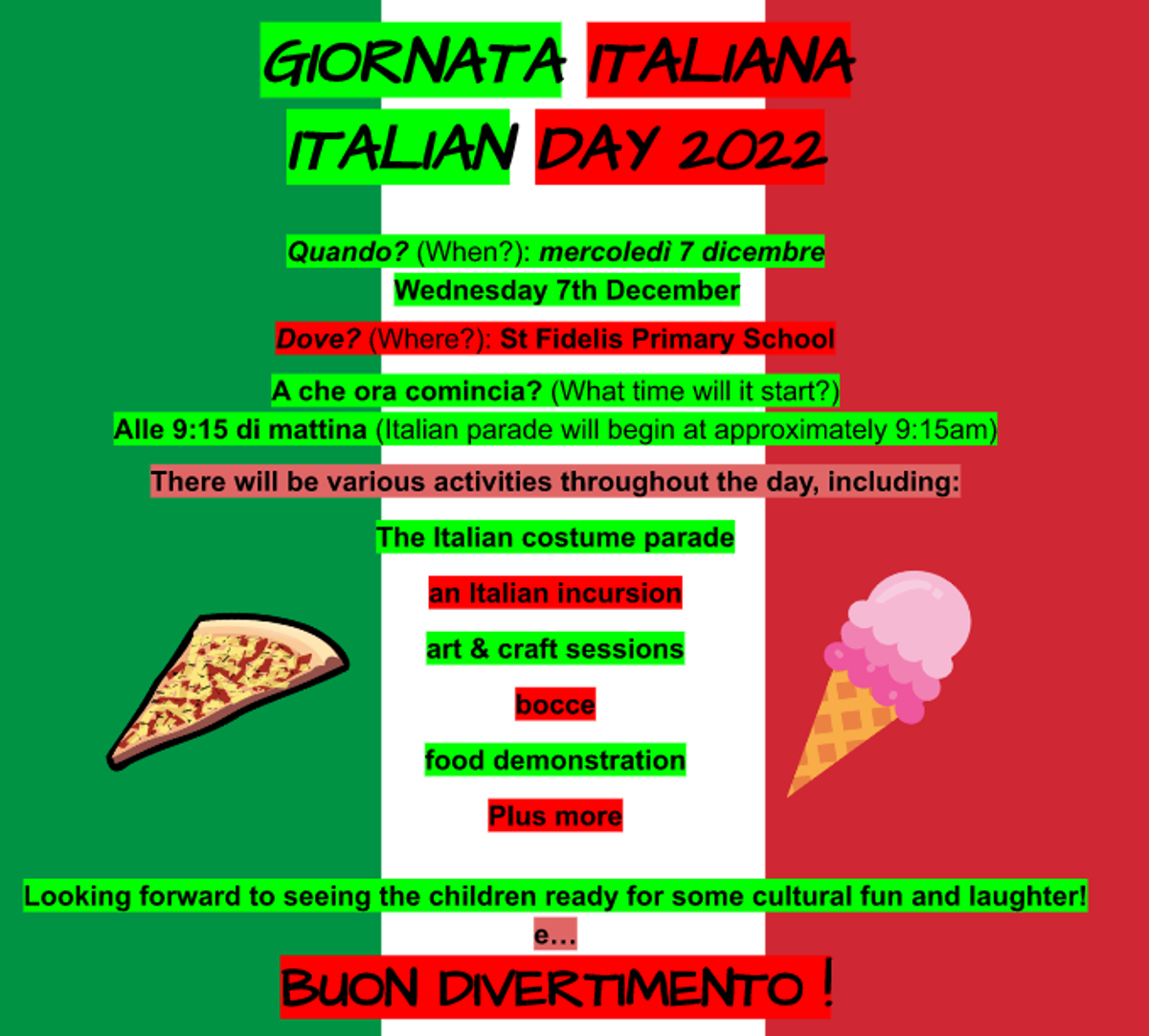

Buona settimana a tutti!
Signora Rosa 🌹
EXPERIENCE MUSIC
